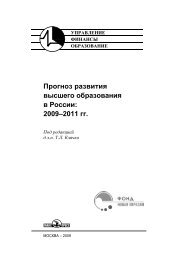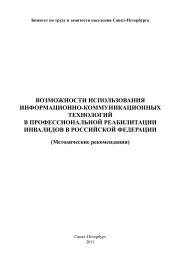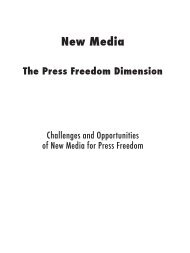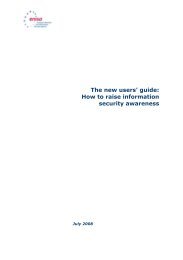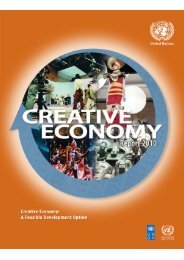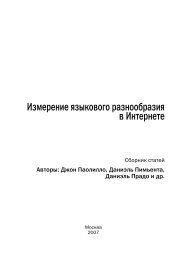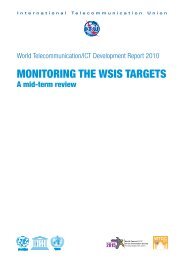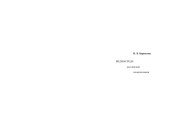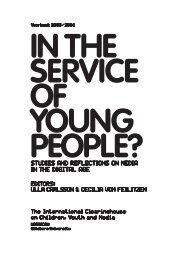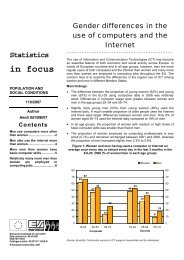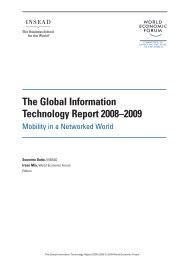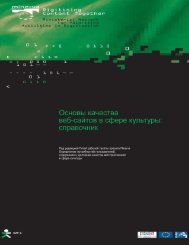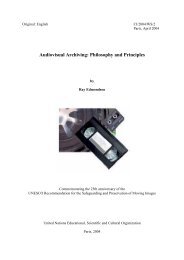Model curricula for journalism education for developing countries ...
Model curricula for journalism education for developing countries ...
Model curricula for journalism education for developing countries ...
You also want an ePaper? Increase the reach of your titles
YUMPU automatically turns print PDFs into web optimized ePapers that Google loves.
136<br />
http://www.rtnda.org/resources/hiddencamera/contents.html and Fritz (1999), pp.<br />
22-23<br />
Week 12<br />
Graphic images: How much is too much News judgment; diversity (including<br />
racial and cultural identities); standards of taste; gender and sexual orientation;<br />
stereotyping; children. Suggested reading: Ruby (1991).<br />
Week 13<br />
Ethics and cheque-book <strong>journalism</strong>: bribes, personal interests, survival of ethical<br />
principles; pressure from competition; ethical decisions, scoops; increased<br />
importance of business values; <strong>journalism</strong> as one part of profit-driven corporations;<br />
priority of economic imperatives over ethical duties; boss versus journalist ethics;<br />
cheque-book <strong>journalism</strong>. Black (2002).<br />
Week 14<br />
Journalism crisis and global issues: Citizen <strong>journalism</strong> and ethics; local, national<br />
and international study cases. Examples of recent real ethical dilemmas: Read:<br />
Sarkaria (1995); Waisbord (2000). Nordenstreng (1995); Vander Meiden (date).<br />
Bonete Perales (1995).<br />
Week 15<br />
The future of Journalism ethics: Is there a future <strong>for</strong> <strong>journalism</strong> Journalism<br />
as a serious source of news and democratic debate or just another source of<br />
entertainment In a world of open digital new outlets, in<strong>for</strong>mation overload and new<br />
standards of <strong>journalism</strong> practice, is there still a future <strong>for</strong> ethics in <strong>journalism</strong> Read<br />
Hargreaves (2003) pp 235- 267. Weaver(1998). Berger (2000) 81-99.<br />
Grading and assessment protocols<br />
Class participation and attendance - 30 percent<br />
One mid-term exam - 20 percent<br />
Essays - 30 percent. Each student will write four essays (two to three pages) on<br />
topics that are related to the content of the class debates.<br />
Final exam - 20 percent<br />
Comments<br />
For the Master’s degree level I would emphasize researching and debating local,<br />
national and international study cases, assuming that the students had already<br />
studied basic philosophical concepts at the bachelor’s level.<br />
For the Master’s degree level I would recommend a more extensive reading of



